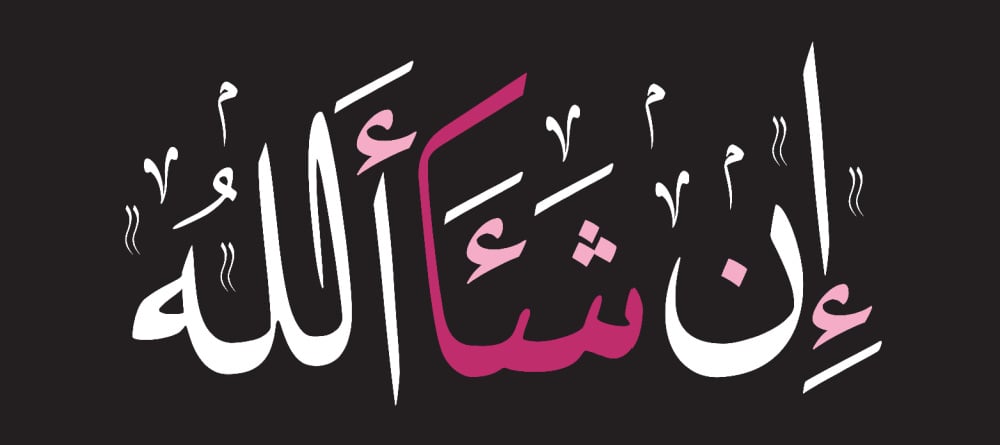Can the Phrase “In Sha’ Allah” Be Applied as Dhikr?
Answered by Ustadha Shazia Ahmad
Question
I wanted to know if the phrase “In sha’ Allah” can be applied as dhikr.
I have been making dua about a problem. How can I stay faithful or confident that Allah will answer my dua? Can I say, “In sha’ Allah” as dhikr to stay confident that my dua will be answered?
Answer
Thank you for your question. After making dua, you can say “in sha’ Allah,” and you must have absolute certainty that your dua will be answered.
Dua
Abu Sa‘id al-Khudri reported that the Prophet (Allah bless him and give him peace) said, “Any Muslim who makes a supplication containing nothing which is sinful or which involves breaking ties of relationship will be given for it by God one of three things: He will give him a speedy answer, or store it up for him in the next world, or turn away from him an equivalent amount of evil.” Those who heard it said they would then make many supplications, and he replied, ‘God is more ready to answer than they were to ask.’” [Ahmad]
The Prophet (Allah bless him and give him peace) urged the believers not to be impatient with Allah’s timing in answering a supplication, and I urge you to do the same. He (Allah bless him and give him peace) said, “The supplication of every one of you is granted if he does not grow impatient and say: ‘I supplicated, but it was not granted.’” [Muslim]
In Sha’ Allah
You may use the phrase “in sha’ Allah” to indicate that you have full confidence that Allah Most High will answer your prayers, but it is not normally used as a repetitive dhikr like a litany or regular daily invocation.
Please see the etiquette of supplication below and implement them:
- Saying “In Sha’ Allah”
- What Is the Etiquette Of Using “In Sha Allah”?
- The Reality and Etiquettes of Supplication: A Reader
- Adab of Dua Series: Introduction and Etiquette
May Allah give you the best of this world and the next.
[Ustadha] Shazia Ahmad
Checked and Approved by Shaykh Faraz Rabbani
Ustadha Shazia Ahmad lived in Damascus, Syria, for two years, where she studied aqidah, fiqh, tajweed, tafsir, and Arabic. She then attended the University of Texas at Austin and completed her Master’s in Arabic. Afterward, she moved to Amman, Jordan, where she studied fiqh, Arabic, and other sciences. She later moved back to Mississauga, Canada, where she lives with her family.
